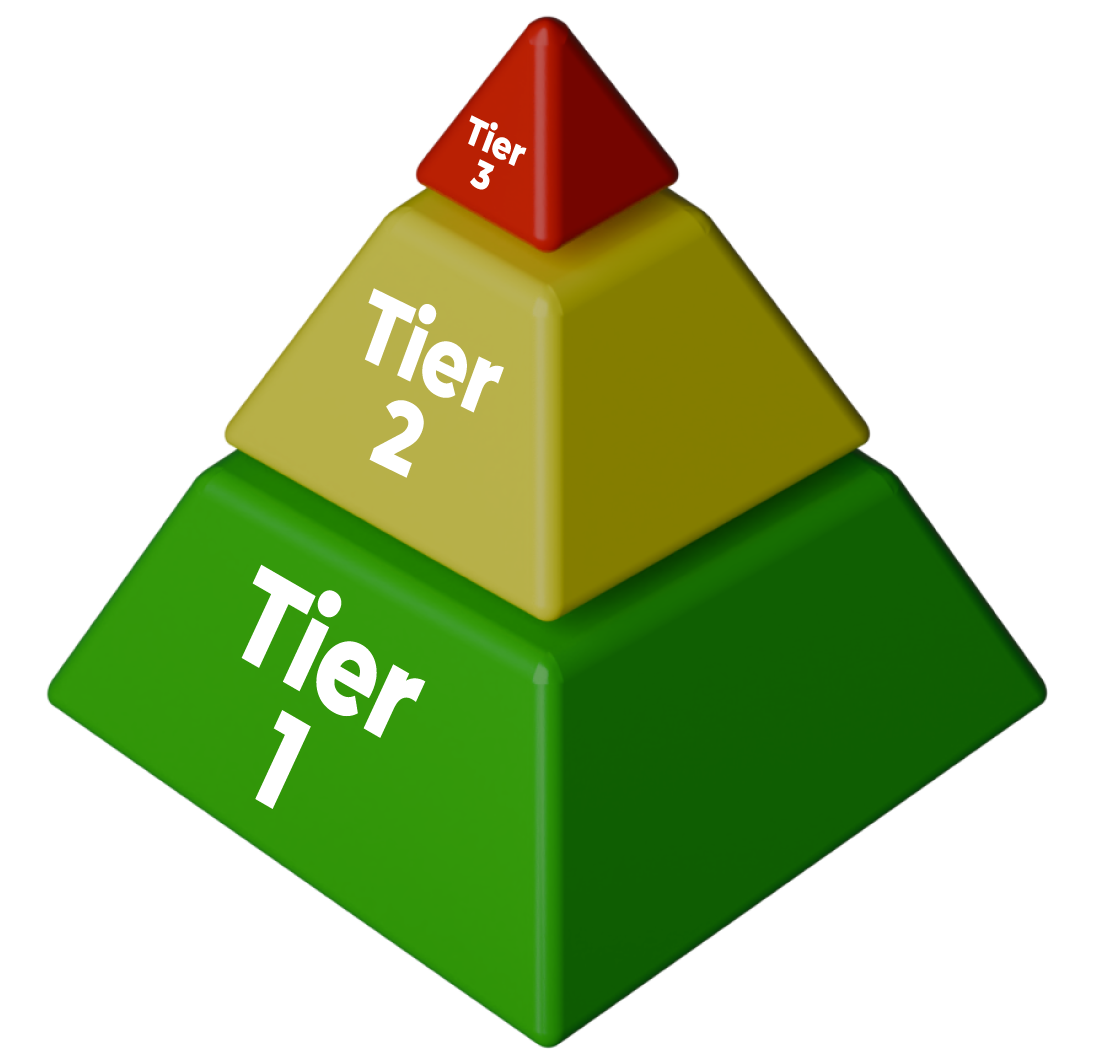
SCUSD Attendance Data Spotlight
Chronic Absence is down for the second year in a row!
Over the past few years, we have implemented a variety of strategies aimed at boosting student engagement and attendance. By addressing the root causes of absenteeism, we have seen a remarkable shift in overall student participation. With a renewed focus on ensuring every student is present and thriving, our district has experienced a positive trend that highlights the effectiveness of these initiatives.

See How We're Fighting for Attendance
Our team recently presented an update to the Sacramento City School Board, showcasing the incredible progress we’ve made in boosting school attendance and sharing our plans for continuing to make a positive impact for years to come.
Welcome!
The CARE Team—Connect, Ask, Relate, Engage—is dedicated to improving student attendance and engagement across Sacramento City Unified School District. Our work is grounded in building meaningful connections with students, families, and schools to remove barriers to attendance and ensure every student succeeds.
We operate through three key pathways:
Parents & Families
Find essential information about your student’s attendance in SCUSD, including definitions, FAQs, and what to do when they’re absent. Access flyers, family support resources, and guidance on chronic absence to help ensure consistent attendance.
SCUSD Staff
Explore attendance resources, including toolkits, key information, and videos to support student success. Stay informed with events, helpful tools, and strategies to promote consistent attendance and engagement, ensuring students stay on track.
SCUSD Students
Discover mental health resources and youth services available to SCUSD students, all in one place. From crisis lines to specialized support programs, find the connections you need to help students navigate challenges and thrive.
Together, we work to ensure every student feels connected, supported, and able to succeed.





